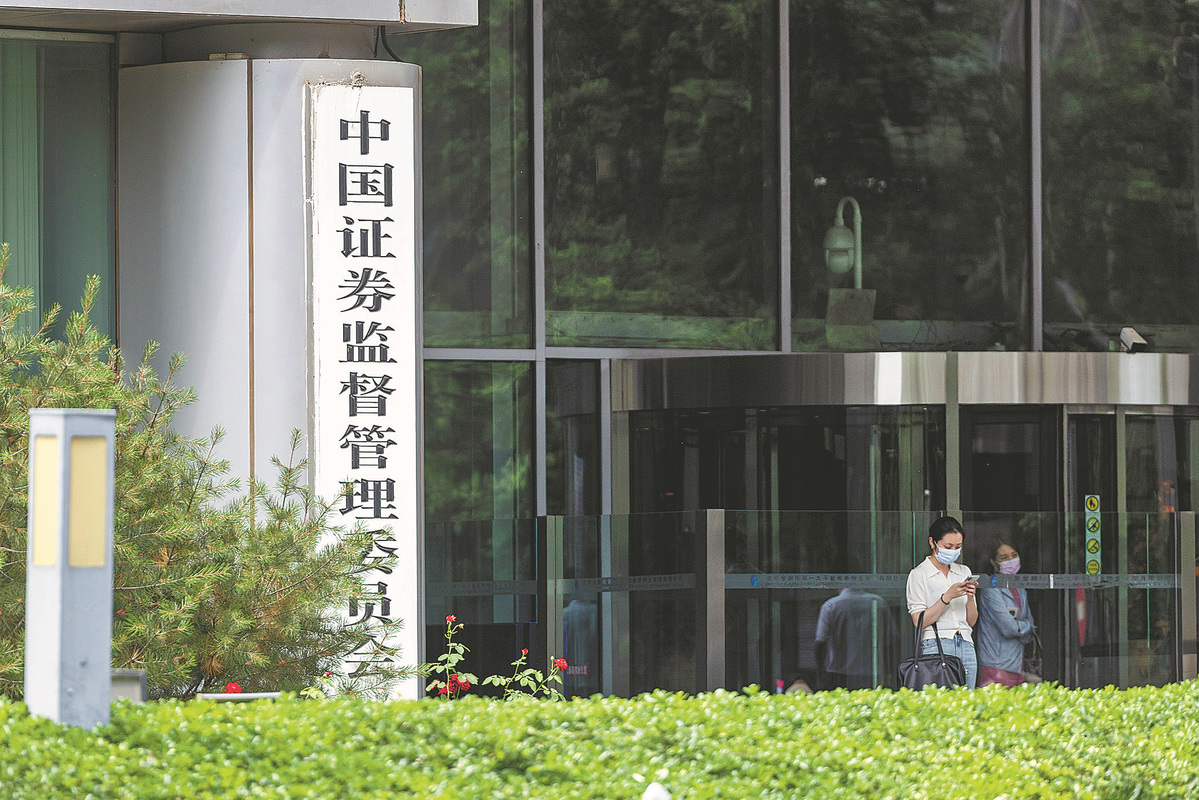Capital market set for sound development
With 600m investors buying fund products, sustainability, society enter bourses' lexicon
By SHI JING in Shanghai | CHINA DAILY | Updated: 2024-04-08 07:08

"The introduction of a stabilization fund is quite necessary and China is ready for that," said Li Xunlei, chief economist of Zhongtai Securities.
Another hot topic to figure in market buzz is the possible replacement of the current T+1 trading mechanism with a T+0 mechanism after the A-share market stabilizes. The T+0 system will allow purchase and sale of the same shares within the day.
Independent stock market analyst Pi Haizhou said one major merit of the T+0 mechanism is that it can largely increase investors' capital efficiency and boost trading activity.
He Qiang, a professor of the School of Finance at the Central University of Finance and Economics, said the T+0 mechanism can help retail investors to reduce losses by taking prompt corrective action upon wrong moves. Trials can be first undertaken for trading blue-chip large-caps or at the Beijing Stock Exchange, the youngest of the bourses on the Chinese mainland, he said.
"Futures trading, which entails higher risks, is conducted under the T+0 mechanism all over the world, only to avoid risks by reducing losses on a daily basis," he said.
Tian Xuan, associate dean of Tsinghua University's PBC School of Finance. said that the Shanghai and Shenzhen bourses are the only two exchanges using the T+1 trading mechanism. The T+0 mechanism is adopted at 42 stock exchanges across the world.
"Under the T+1 mechanism, institutional investors can use stock index futures, exchange-traded fund arbitrage and reverse margin trading to cover losses or even seek gains on days of higher market fluctuations. But retail investors are deprived of such choices. They are not able to make up for or reduce their losses under the current T+1 mechanism within the day once they make mistakes," said Tian.
"This is contrary to the principle of market fairness, and is not conducive to the financial market's stability."
Tian further said China briefly used the T+0 mechanism at the beginning of its modern-era stock market. But it shifted to T+1 in 1995 due to the then inadequate supervision and legal system and the limited choices in the stock market.
"But the Chinese capital market has made substantial progress over the past decade. The supervision, legal system, investable target and financial tools have all been completed. I think it is time to talk about restoring the T+0 mechanism," he said.
Voices are growing that China should improve its listed companies' quality. Part of regulators' efforts to address such concerns has been to tighten their grip over IPOs. This, many market mavens said, can help control the quality at the very beginning.
























